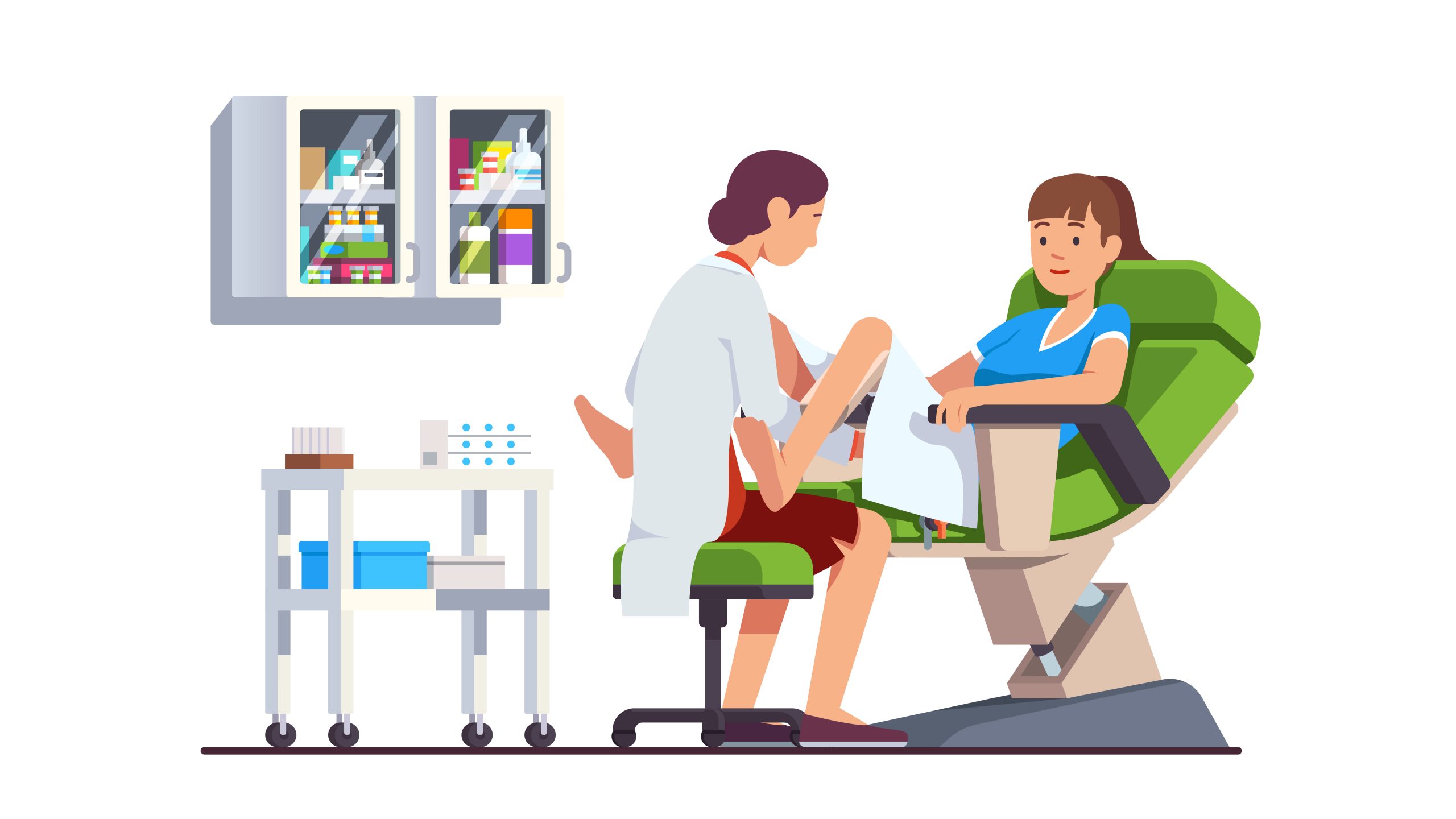The importance of cervical screening tests

Cervical screening has taken over from what most women remember as the pap test or pap smear and while similar, it is equally important in predicting cervical cancer.
Cervical screening replaced the pap smear as a diagnostic tool to predict cervical cancer in 2017. While the original pap smear would swab for abnormal cells within the cervix, the new test screens for presence of human papillomavirus (HPV) which causes almost all cervical cancer.
Cervical screening in Brisbane
The clinic offers cervical screening in Brisbane and involves the doctor gently inserting a speculum into your vagina to get a clear view of the cervix and they will then use a swab to collect a sample of cells. The whole procedure is over within a few minutes and while it may feel uncomfortable for some women, you should not feel any pain. You are also welcome to request a female doctor to perform the procedure. The sample is then sent to be tested and if you receive a negative result you may not need another test for five years. If your test comes back positive for HPV you can discuss the results with your doctor. A positive result does not mean you necessarily have cervical cancer but that you are at a much greater risk of developing it in the future.
Does HPV vaccine mean no cervical screening?
If you have previously had the HPV vaccination – many school students receive Gardasil – it is still recommended that you have cervical screening to prevent cervical cancer. The vaccine is effective at protecting against certain types of HPV that cause cancer but it doesn’t protect against all of them. Most people will get HPV – spread through sexual activity – at some point in their lives so it is important to have a cervical screening test even if you have only had one sexual partner.
Who should have cervical screening?
We offer subsidised cervical screening in Brisbane for women aged 25 to 74 and it is recommended to have it every five years. If you have ever been sexually active, you are especially encouraged to talk to your doctor about a test. It is recommended that cervical screening begin two years after your last pap smear. Pregnant women should not avoid having a test because they are going to have a baby. The test can still be performed but just make sure you tell the person doing the test you are pregnant before they begin. Despite some myths that you may have heard, it is also important that women who have been through menopause to have cervical screening as the end of your period doesn’t reduce cervical cancer risk. If you have had a hysterectomy you should speak to your doctor because the cervix may have been removed with the procedure.
So if you would like to book an appointment for cervical screening in Brisbane or Clayfield, please call Junction Road Family Practice on (07) 3857 2799.
